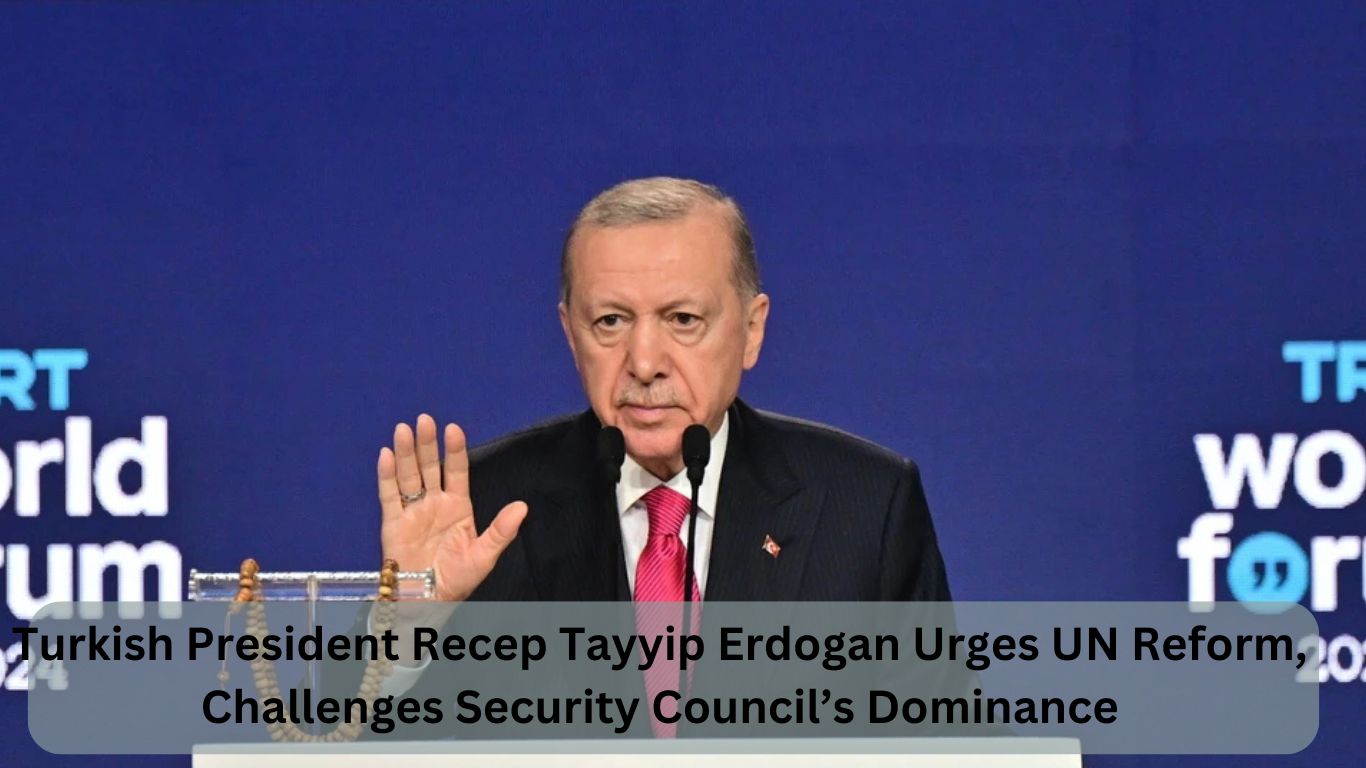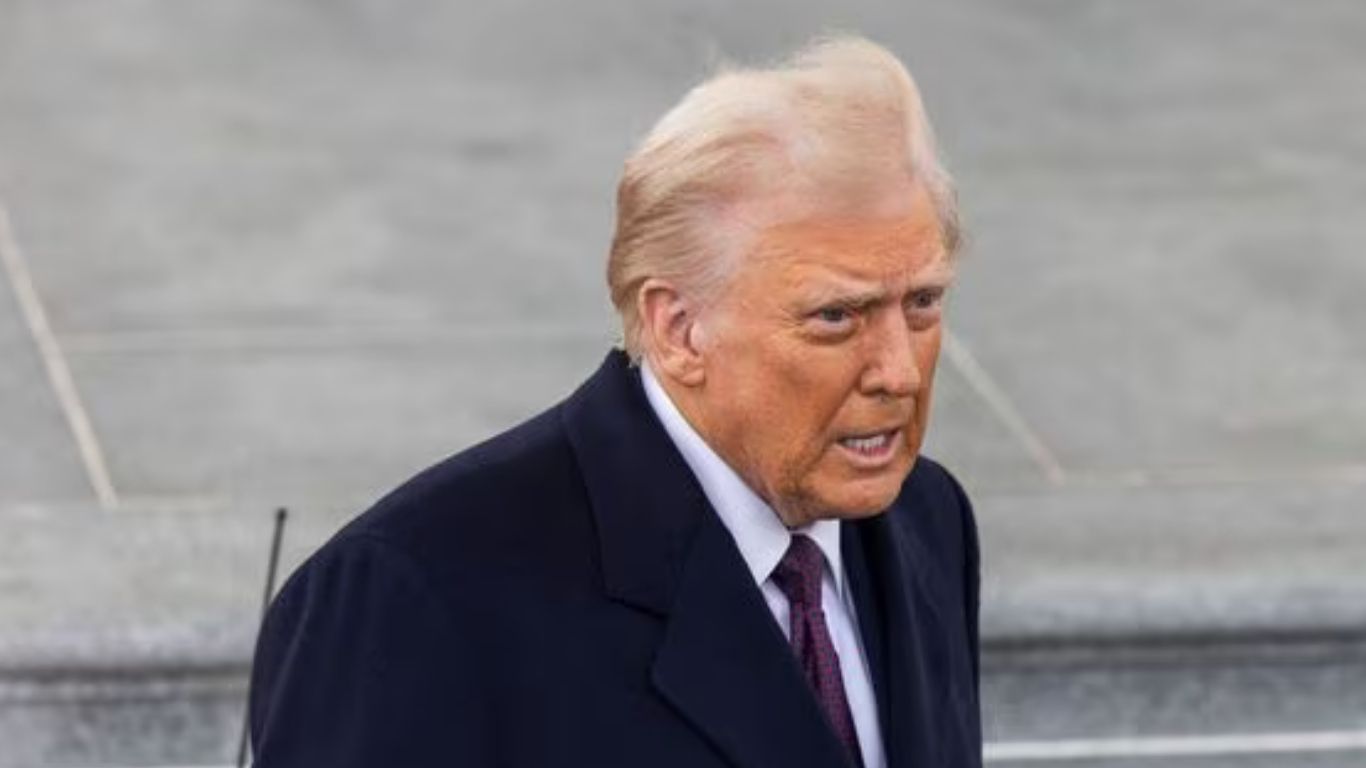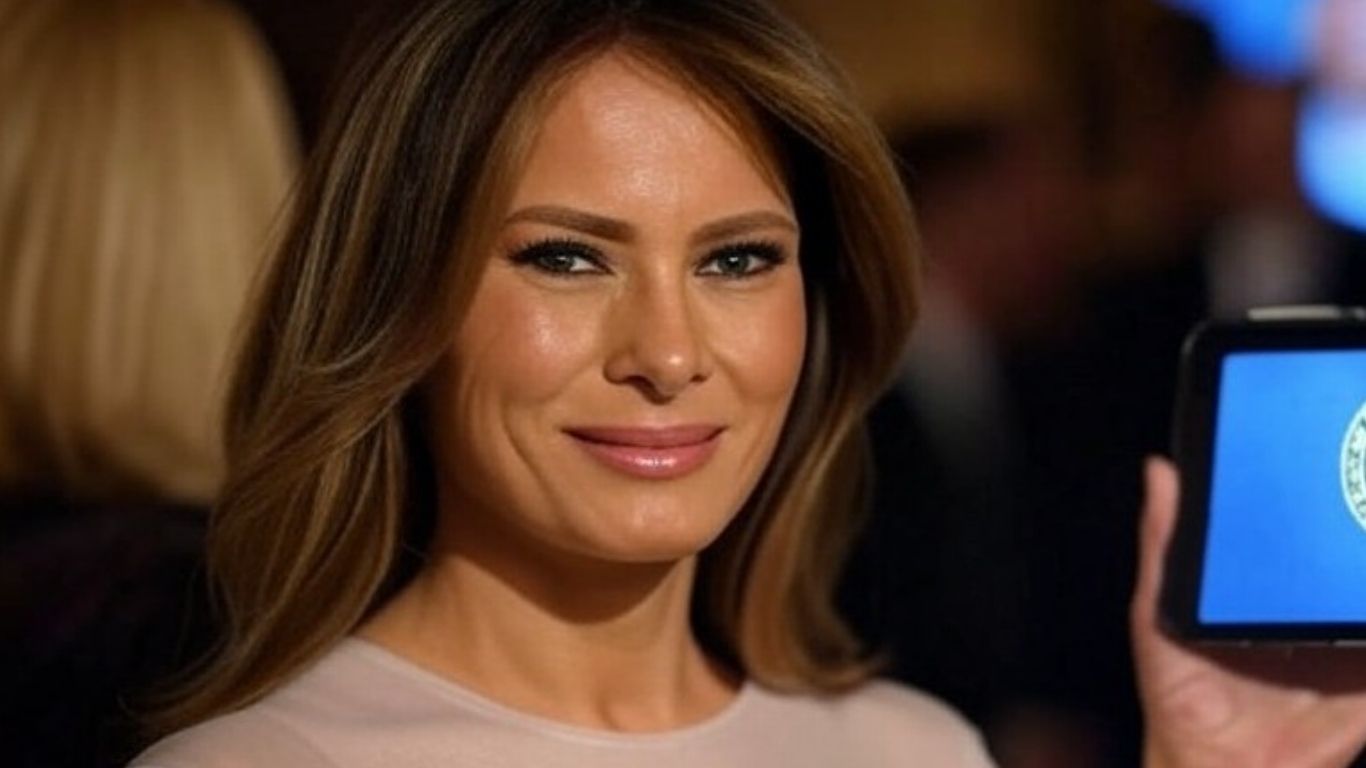In a bold and impassioned address, Turkish President Recep Tayyip Erdogan has called for a sweeping reform of the United Nations, particularly targeting the structure and power dynamics of its Security Council. Erdogan’s appeal reflects mounting global frustration with the disproportionate influence wielded by the five permanent members—China, France, Russia, the United Kingdom, and the United States—over critical international decisions.
A Call for Equitable Governance
Erdogan argued that the fate of nearly 200 member nations should not rest in the hands of a select few. Highlighting the imbalance in global decision-making, he stated that the existing structure of the Security Council is both outdated and inequitable.
“A system where five countries dictate terms to the rest of the world cannot ensure justice,” Erdogan remarked. He emphasized the need for a more inclusive and representative framework that reflects the realities of a multipolar world and ensures that the voices of all nations are heard.
The Need for Reform: Global Challenges Demand Global Solutions
The Turkish President’s critique comes at a time when the world faces pressing challenges, including climate change, poverty, and ongoing conflicts. Critics of the current system argue that the Security Council, in its current form, often struggles to respond effectively to these global crises, partly due to the veto power held by its permanent members.
Erdogan’s stance resonates with a growing consensus that the UN needs structural reforms to become more adaptable, transparent, and accountable. This includes expanding the Security Council to include representation from underrepresented regions such as Africa, Latin America, and the Middle East.
A Shared Vision for Change
Erdogan’s vision aligns with the perspectives of numerous world leaders and diplomats who believe the UN Security Council no longer reflects the geopolitical realities of the 21st century. The Turkish President has consistently championed the slogan, “The world is bigger than five,” symbolizing his critique of the disproportionate power of the permanent members.
The Path Ahead: Balancing Diplomacy and Change
While Erdogan’s call for reform has gained traction among many nations, achieving such a transformation will require significant diplomatic effort and consensus-building. The entrenched interests of the current permanent members pose a formidable challenge to any attempts to redistribute power within the UN framework.
A Timely Call for Justice and Equity
President Erdogan’s demand for UN reform underscores the urgent need for a more equitable global governance system. By challenging the dominance of the Security Council’s five permanent members, Erdogan has reignited an essential debate about fairness, representation, and the future of international diplomacy.
As the world grapples with complex global challenges, Erdogan’s vision for a reformed UN serves as a rallying cry for nations seeking justice and collaboration in the pursuit of sustainable peace and prosperity.















